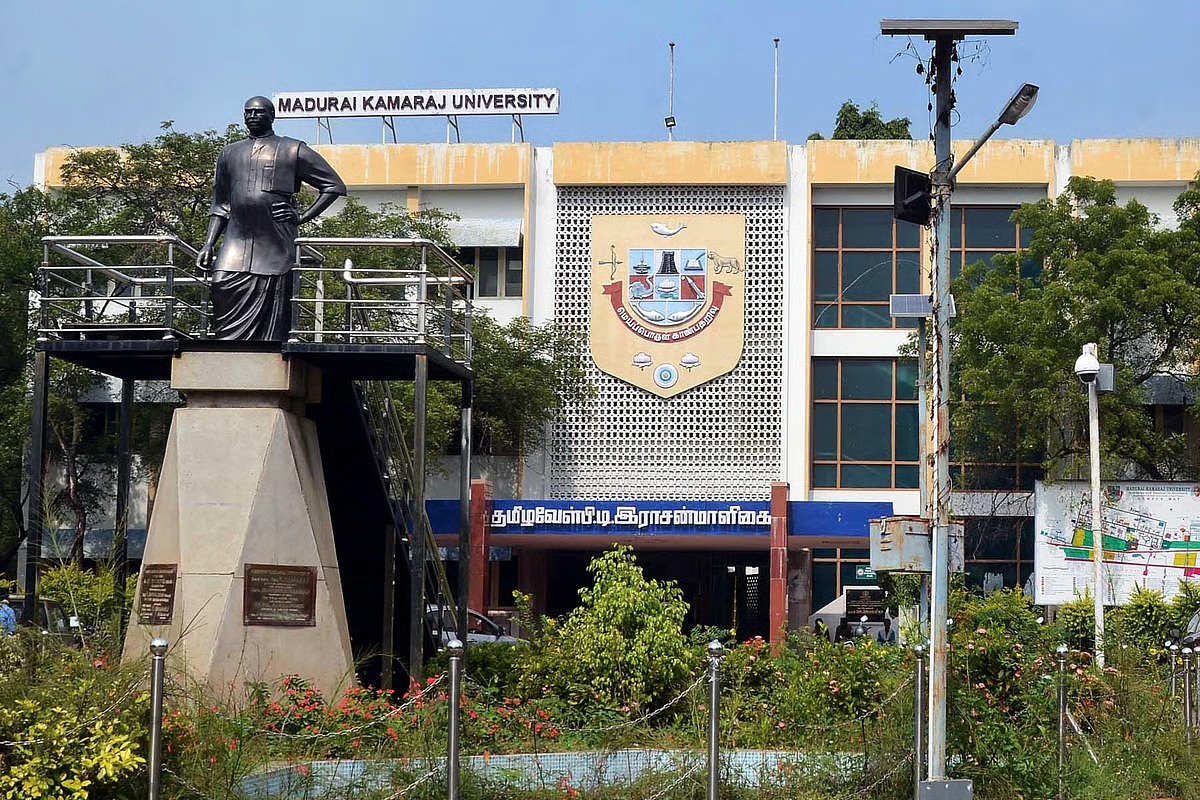Teunon, J.@mdashIn this case plaintiff brought a suit against the Chairman of the Chapra Municipality contesting the validity of a certain assessment.
2. In the Court of first instance the suit was dismissed on the merits and also on the preliminary ground that plaintiff had failed to comply with the requirements of Section 363 of the Bengal Municipal Act, 1884. In the first appellate Court the other issues arising were not discussed and the suit was dismissed on the preliminary ground alone.
3. Against this decision plaintiff appeals to this Court. The defendant-respondent, it may be noted, does not appear.
4. Section 363 of the Bengal Municipal Act provides that in respect of any thing done under the Act, no suit shall be brought against a body of Municipal Commissioners until the expiration of one month next after notice in writing has been delivered or left at the office of the Commissioners.
5. Before me, as in the Courts below, it is the case of the plaintiff that the required notice was delivered on the 28th of October 1906. The plaint in the suit was presented on the 28th November, that is the suit as thus instituted was premature by one day.
6. It then appears that on the 28th November the plaint was returned for amendment in certain particulars and was again presented after amendment on the 1st December.
7. It farther appears that though in the plaint service of the prescribed notice on the 28th October was distinctly pleaded, the objection that the suit had been commenced a day too soon was not taken in the written statement and was not raised in the issues. It was raised for the first time in the course of argument after all the evidence had been taken.
8. In this state of facts the appellant''s contentions before me are two, namely, first, that it should be held that for the purposes of Section 363 of the Municipal Act, this suit was brought not on the 28th November but on the 1st December and second, that it should be held that the requirements of the section in so Ear as it prescribes one clear month''s notice had been waived by the defendant.
9. With regard to the first contention, I am to observe that the section under consideration not only requires that notice of suit shall be given bat also in its 2nd clause prescribes a special period of limitation. In the present case according to the plaint the cause of action accrued on the 30th of August. If I am to hold that the suit was commenced on the 1st December, that is one day beyond the three months next after the accrual of the cause of action, a question of limitation under the second clause of the section apparently arises. Had this been the difficulty facing the appellant he would doubtless have contended and, on the authority of the many cases decided u/s 4 of the Indian Limitation Act, 1877, would have properly contended that the suit must be considered to have been commenced on the date on which the plaint was originally presented. In determining when a certain suit was brought or commenced for the purposes of the two clauses, we must" I am of opinion, take one and the same date. I, therefore hold that the present suit was brought on the 28th of November and consequently was premature by one day.
10. In support of his second contention, the learned Vakil for the appellant relies on the observations of Mukerji, J. in the case of Manindra Chandra Nandi V. The Secretary of State for India 5 C.L.J. 148 : 34 C. 257.
11. In that case the plaintiff prayed for the refund of a certain sum levied from him as road-cess assessed on his mining royalties or in the alternative for the refund of the sum paid as income tax in respect thereof. Of this alternative claim no notice u/s 424 of the Code of Civil Procedure, 1882, had been given and the objection that in respect of such claim the suit was consequently barred was not taken until after the plaintiff had closed his case. Mukerji, J. held that it was not competent to the defendant to raise or rely upon the plea of want of notice at that stage.
12. It appears, however, that one of the considerations which led the learned Judge to take this view was that while at an earlier period it would have been open to the plaintiff to bring a fresh suit the objection was not in fact taken until a time when any fresh suit would have been barred by limitation. Here no such consideration of prejudice appears to arise for under the provisions of the second clause of the section any fresh suit based on the cause of action stated in the plaint was barred long before the defendant had any opportunity of taking this or any other defence.
13. The case of the Secretary of State for India v. Dip Chand Poddar 24 C. 306, where the question arose with reference to Section 77 of the Indian Railways Act, 1890, appears to be authority for holding that a plea of this nature, want of, or insufficiency of notice may be taken in the course of argument though not taken in the written statement.
14. Again in the case, of Bachchu Singh v. The Secretary of State for India in Council 25 A. 187, the High Court of Allahabad held that the language of Section 424 of the Code of Civil. Procedure, 1882, was imperative, that the giving of the prescribed notice was a condition precedent to the institution of any suit to which the section applied and that where any such suit is instituted in non-compliance with the provisions of the section, the plaint should be rejected as barred by a positive rule of law.
15. In interpreting the even stronger language of Section 363 of the Bengal Municipal Act, 1884, I am content to follow the decision just cited.
16. In this view this appeal fails and is, therefore, dismissed. As the respondent does no appear there will be no order as to costs.

